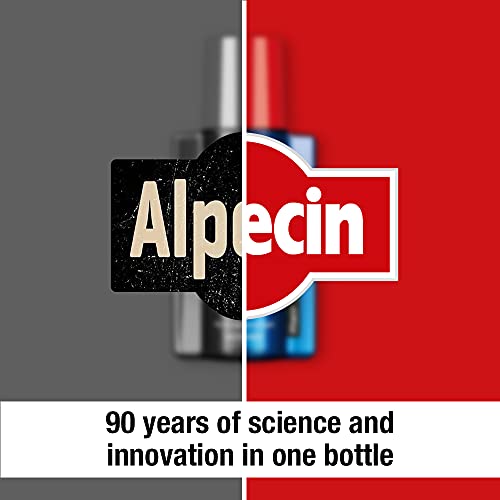Hair Shampoos / Caffeine Shampoo
Alpecin Liquid And Caffeine Shampoo Duo (Pack of 2)
The modern workplace has undergone significant changes in recent years, driven by advancements in technology and evolving employee expectations. One of the most prominent shifts has been the increasing prevalence of remote work, a trend that has been accelerated by the COVID-19 pandemic. Remote work offers numerous benefits, including enhanced work-life balance, reduced commuting time and costs, and increased flexibility. However, it also presents unique challenges, such as maintaining effective communication, fostering team cohesion, and ensuring the well-being of employees.
To address these challenges, organizations have had to adapt their management strategies and adopt new tools and practices. Effective communication is crucial in a remote work environment, and companies have turned to video conferencing, instant messaging, and project management platforms to facilitate seamless collaboration. Team-building activities, such as virtual coffee breaks and online social events, have become important for maintaining a sense of community and connection among remote employees.
Moreover, the shift to remote work has highlighted the importance of prioritizing employee well-being. Employers have recognized the need to provide support for mental health, encourage regular breaks, and promote a healthy work-life balance. This may involve offering wellness programs, providing access to mental health resources, and implementing policies that allow for flexible schedules or time off.
Another significant change in the modern workplace is the growing emphasis on diversity, equity, and inclusion (DEI). Organizations are increasingly aware of the importance of creating inclusive environments that celebrate and value differences. This can involve initiatives such as unconscious bias training, diverse hiring practices, and the establishment of employee resource groups. By fostering a culture of belonging and equal opportunities, companies can unlock the full potential of their diverse workforce.
Furthermore, the pandemic has accelerated the adoption of automation and artificial intelligence (AI) in the workplace. Tasks that were previously performed manually are now being automated, improving efficiency and reducing the risk of human error. AI-powered tools are also being used for data analysis, customer service, and decision-making support. While the integration of these technologies can bring numerous benefits, it also raises concerns about job displacement and the need for reskilling and upskilling of the workforce.
In response to these changes, the role of human resources (HR) has evolved significantly. HR professionals are now tasked with navigating complex issues related to remote work, employee well-being, DEI, and technological integration. They must develop innovative strategies to attract, retain, and support top talent in this rapidly changing landscape.
Overall, the modern workplace is undergoing a profound transformation, driven by technological advancements, shifting employee expectations, and the need to adapt to the challenges posed by the COVID-19 pandemic. Organizations that embrace these changes and develop effective strategies to address them will be better positioned to thrive in the years to come.
product information:
| Attribute | Value |
|---|---|
| upc | 721867308541 |
MORE FROM Caffeine Shampoo















![Alpecin Caffeine Shampoo 250ml [Badartikel]](https://m.media-amazon.com/images/I/314fF-sTXtL.jpg)
